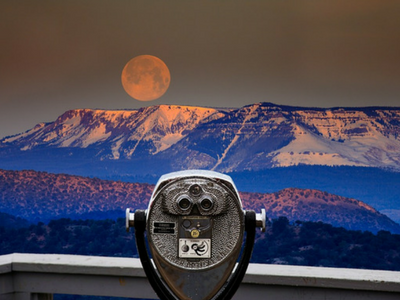Contributed by Jonathan Young, Ph.D. As published in CASA Magazine.
Given the Mediterranean atmosphere of the Santa Barbara area, this is a fitting home for the world’s leading graduate program in the interdisciplinary study of mythology in all its multicultural forms. We tend to associate the myths with ancient Greece and Rome, but mythic stories, images, and rituals enrich all cultures, ancient and contemporary.
It was a series of visits to Santa Barbara by noted mythologist Joseph Campbell that led to the rise of this unique educational endeavor.
Many myths include a creation story, so let me start at the beginning. The school that was to become known as the Pacifica Graduate Institute grew out of a grant from UCSB following the Isla Vista riots. The funding was to launch a counseling center. The center provided counselor training and, beginning in 1976, offered a certificate. I was one of many local psychotherapists brought in to teach in this well-regarded counselor training sequence. The program grew into graduate courses and, in 1982, an M.A. degree program. The PhD in Clinical Psycholgy began in 1987.
The school moved in 1989 from an old craftsman farmhouse in Goleta to the Lambert Road campus near Summerland that had was originally the estate of philanthropist Max Fleischmann.
Those of us on the original faculty, who had been teaching in an old barn on Hollister, were dazzled by the beautiful new campus.
The emphasis on Depth Psychology drew heavily on the work of Carl Jung. Rapid growth stemmed from unique content that included classes in myth, literature, and world religions.
Joseph Campbell was an early supporter. He gave many public seminars and provided guidance, starting in the 1970s. After his 1987 death, the Campbell family chose the Pacifica campus as the home for his library. I had been strongly influence by Campbell while assisting him at seminars. So, in addition to teaching, I became the founding curator of the collection.
Read More













